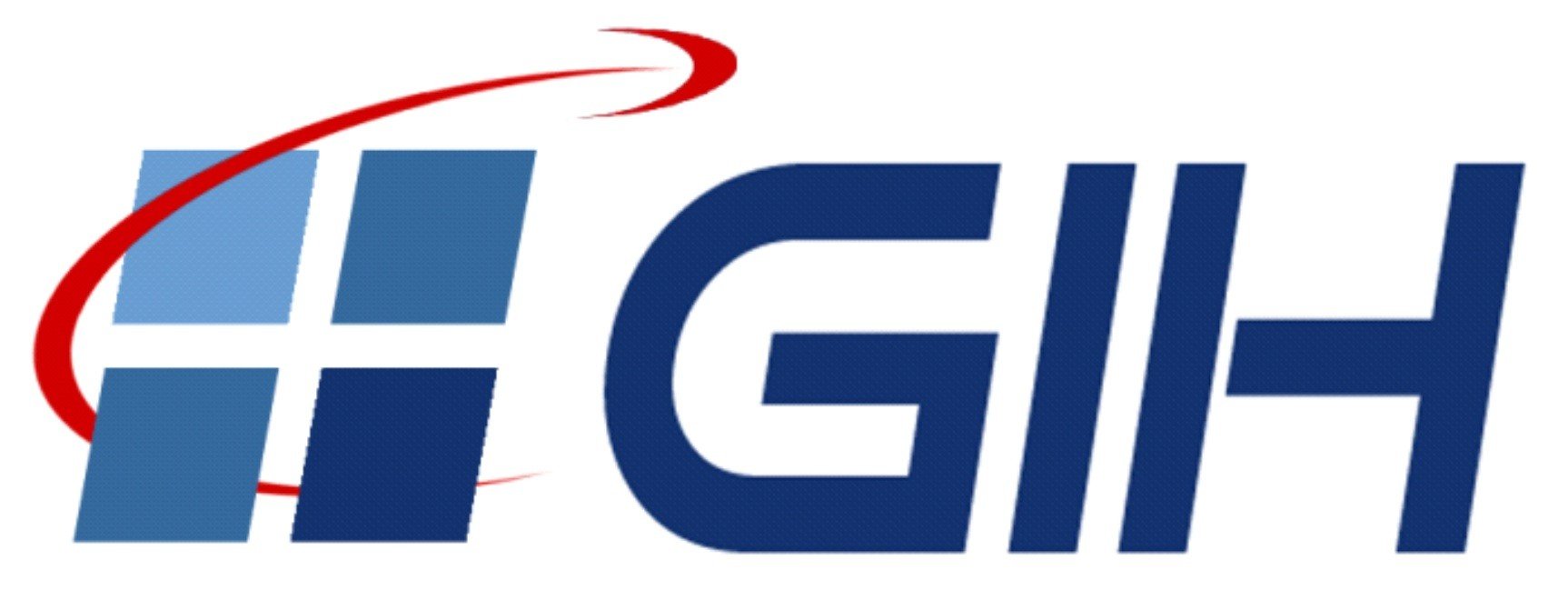Projects | TLS-based Multi-Sensor-Systems
-
AutoMap - Development of a robust positioning system for autonomous vehicles based on captured environmental information and GNSS/IMU dataDetermining the exact position of vehicles is not only crucial for autonomous driving, but also for many other applications. However, existing technologies, such as global navigation satellite systems (GNSS) or inertial measurement units (IMU), are reaching their limits due to interference and inaccuracies, especially in urban areas.Led by: Hamza Alkhatib, Sören VogelTeam:Year: 2023Duration: 2023-2025
![]()
![]() © GIH
© GIH
Projects | Expert-based data analysis and quality processes
-
AutoMap - Development of a robust positioning system for autonomous vehicles based on captured environmental information and GNSS/IMU dataDetermining the exact position of vehicles is not only crucial for autonomous driving, but also for many other applications. However, existing technologies, such as global navigation satellite systems (GNSS) or inertial measurement units (IMU), are reaching their limits due to interference and inaccuracies, especially in urban areas.Led by: Hamza Alkhatib, Sören VogelTeam:Year: 2023Duration: 2023-2025
![]()
![]() © GIH
© GIH
-
port_AI - A fully digital twin for port structures using IoT, 5G, BIM, AR and AI processes to establish smart building lifecycle managementThe demands on the safety and reliability of infrastructure management in the area of sea and inland ports are constantly increasing due to increasingly globalised trade. By creating a smart infrastructure, this project aims to solve various challenges in the management of existing port infrastructure. Digitalisation and the use of AI processes are also subsumed under the term smart infrastructure in this project.Led by: Ingo Neumann, Hamza Alkhatib, Mohammad OmidalizarandiTeam:Year: 2021Funding: Funding programme for innovative port technologies (IHATEC) supported by the Bundesministerium für Verkehr und digitale Infrastruktur (BMVI)Duration: 12/2021 – 11/2024
![]()
![]()
-
Measurement system analysis and model-based sensor fusion for hydrographic water exchange zone monitoring using unmanned carrier systemsThe aim of the project "Measurement system analysis and model-based sensor fusion for hydrographic water exchange zone monitoring with unmanned carrier systems (WaMUT)", which the GIH is working on on behalf of and in cooperation with the Bundesanstalt für Gewässerkunde (BfG), is the continuous, quality-assured acquisition and modelling of geo-base data of the water exchange zones and shallow water areas of federal waterways to improve the quality of - in particular small-scale - digital terrain models of the watercourse. In contrast to the classic geodetic observation methods for recording bathymetry and topography, the use of unmanned sensor platforms - primarily on land (unmanned aerial vehicle UAV), but also on the water (unmanned surface vessel USV) - has come into focus in recent years. As part of the WaMUT project, these measurement systems are to be validated and, based on this, a quality-assured, integrated measurement programme is to be created in order to be able to record reliable geobase data in the water exchange zones.Led by: Ingo Neumann, Hamza AlkhatibTeam:Year: 2020Duration: 09/2020 - 12/2023
![]()
![]() © BfG
© BfG
Projects | Interdisciplinary Monitoring
-
OpenData4InfMon: Monitoring with GNSS sensors and open dataThe ageing infrastructure on land, rail and water requires significant resources to ensure operational safety. The monitoring of deformations, especially on bridge structures and other important infrastructure, caused by ageing, material fatigue and slow (also climate-related) ground movements, is currently very cost-intensive. It is therefore necessary to develop and evaluate mass-applicable and cost-efficient analysis methods based on open data sources combined with local GNSS sensors, which do not yet exist. The project will investigate the possibilities of strict fusion of free GNSS and radar data as well as 3D city models and traffic route plans for the purpose of better assessment of deformations on structures in combination with locally installed sensor technology, in particular on infrastructures such as railroad lines, power lines and (bridge) structures. The added value of the data is generated in particular by AI analyses and spatiotemporal parameter estimation in combination with local GNSS data.Led by: Ingo Neumann, Mohammad OmidalizarandiTeam:Year: 2023Funding: Bundesministerium für Digitales und Verkehr (BMDV)Duration: 03/23 – 08/24
![]()
![]()
-
Deformation analysis based on terrestrial laser scanner measurements (TLS-Defo): Surface approximation uncertaintyIn geodetic deformation analyses, we statistically test geometric changes in two or more states. To use the full potential of well-established surface-based measurement techniques such as terrestrial laser scanning (TLS) requires continuous local and global modeling of the monitored surface. The project on "surface approximation uncertainty" focuses on investigating the interaction between measurement and model uncertainties in the context of surface model selection. These components are closely connected, as the level of model uncertainty is directly influenced by the interaction between the complexity of the measured object, such as roughness and sharp edges, and the spatial density of measurement points across the object. To address this, the project distinguishes between three sub-topics: TLS uncertainty budget, model uncertainty, and the application of fractal geometry as a methodological tool to achieve the primary project goal.Led by: Ingo Neumann, Mohammad OmidalizarandiTeam:Year: 2023Funding: DFGDuration: 10/23 – 09/27
![]()
![]()
-
port_AI - A fully digital twin for port structures using IoT, 5G, BIM, AR and AI processes to establish smart building lifecycle managementThe demands on the safety and reliability of infrastructure management in the area of sea and inland ports are constantly increasing due to increasingly globalised trade. By creating a smart infrastructure, this project aims to solve various challenges in the management of existing port infrastructure. Digitalisation and the use of AI processes are also subsumed under the term smart infrastructure in this project.Led by: Ingo Neumann, Hamza Alkhatib, Mohammad OmidalizarandiTeam:Year: 2021Funding: Funding programme for innovative port technologies (IHATEC) supported by the Bundesministerium für Verkehr und digitale Infrastruktur (BMVI)Duration: 12/2021 – 11/2024
![]()
![]()
















